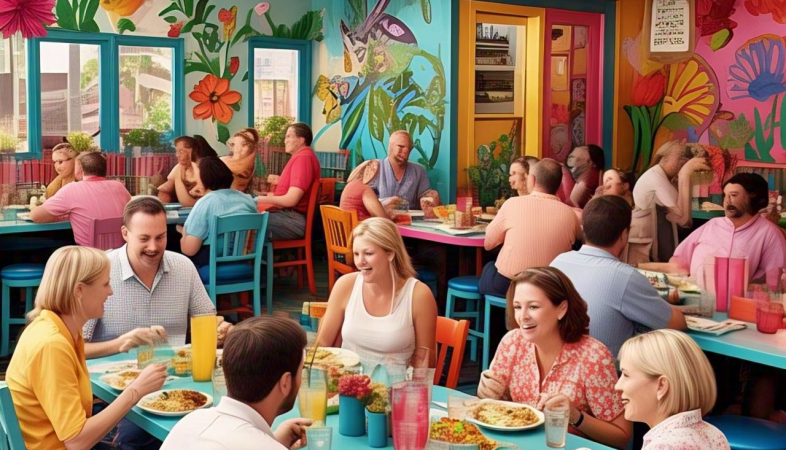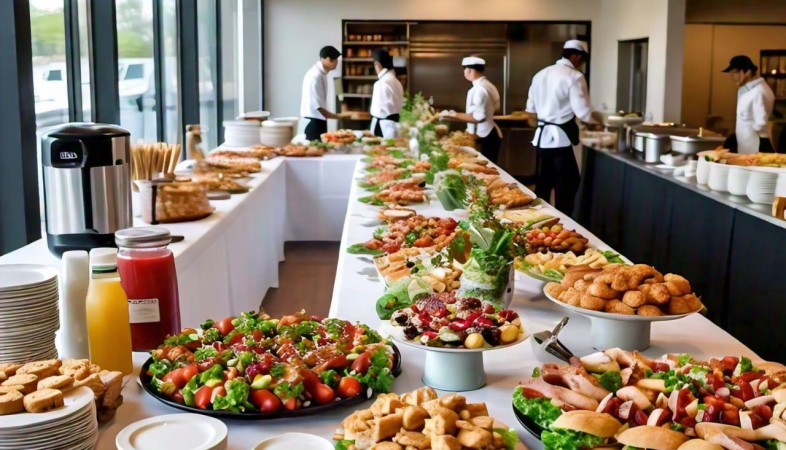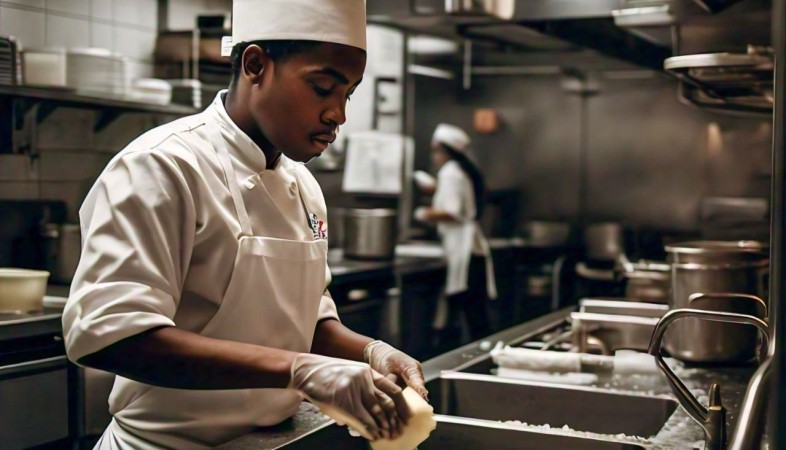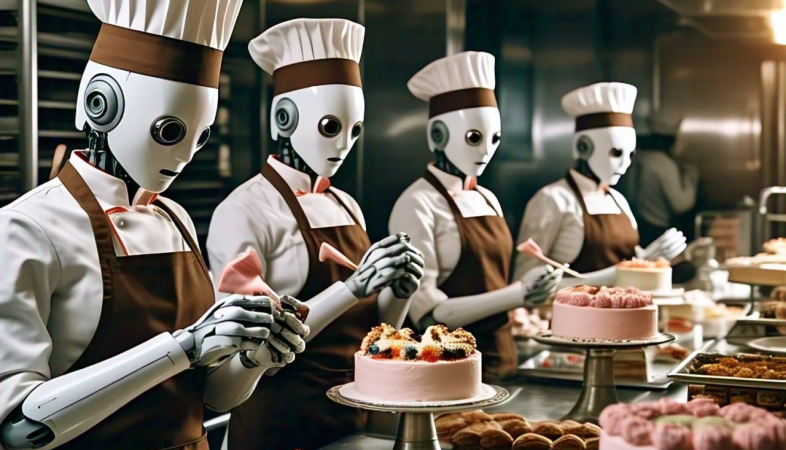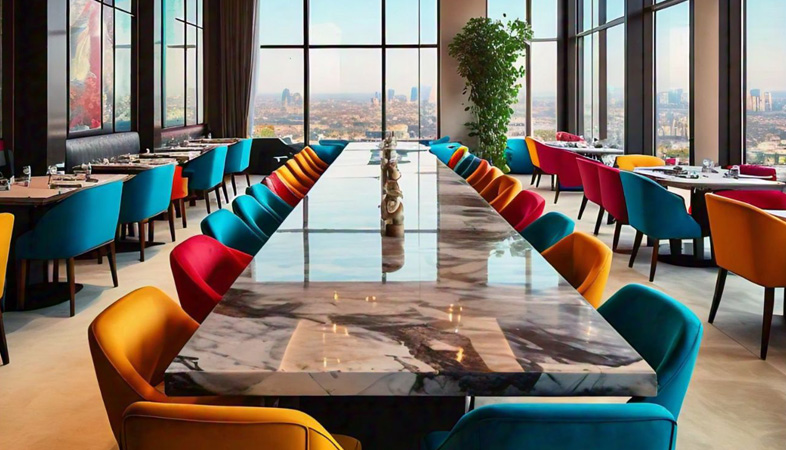Beyond Discounts: Innovative Ways to Drive Repeat Business in Restaurants & Hotels
A well-trained, motivated team that delivers exceptional hospitality can leave a lasting impression.
In the competitive world of hospitality, offering discounts
is a common strategy to attract customers. However, relying solely on price
cuts can erode profit margins and fail to build lasting guest loyalty. To truly
drive repeat business, restaurants and hotels must go beyond discounts and
create meaningful, memorable experiences that keep customers coming back.
One of the most effective ways to encourage repeat visits is through personalized service. Guests appreciate when their preferences are remembered, whether it’s their favorite table at a restaurant or their preferred room type at a hotel. Implementing customer relationship management (CRM) systems can help businesses track guest preferences and tailor services accordingly, making each visit feel special and customized.
Exclusive membership programs are another powerful tool. Instead of generic discounts, businesses can offer VIP perks such as priority reservations, complimentary upgrades, or members-only events. A well-structured loyalty program, offering points that can be redeemed for unique experiences rather than just price reductions, encourages long-term engagement and builds emotional connections with customers.
Experiential dining and stay packages can also differentiate a business. Restaurants can host themed nights, chef’s table experiences, or interactive cooking classes to offer something beyond a regular meal. Hotels can curate special packages that include guided local experiences, wellness retreats, or adventure activities. These unique offerings create memories that customers want to relive, increasing the chances of repeat visits.
Technology can also enhance customer retention. Mobile apps for hotels and restaurants can streamline booking processes, offer personalized recommendations, and provide loyalty rewards. Gamification elements, such as milestone-based achievements or referral bonuses, can keep customers engaged and incentivized to return. Additionally, AI-driven chatbots can improve customer support, making communication seamless and enhancing satisfaction.
Community engagement is another underrated strategy. Restaurants and hotels that position themselves as active members of their local communities often build stronger relationships with customers. Hosting charity events, partnering with local artisans, or supporting sustainability initiatives can create a deeper connection with guests who value socially responsible businesses.
Exceptional post-visit engagement is crucial in maintaining a relationship with customers. Sending personalized follow-up emails, offering birthday surprises, or providing exclusive previews of upcoming events keeps the business top of mind. A well-timed message that acknowledges a guest’s previous visit and invites them back with a thoughtful offer—rather than a generic discount—can be far more effective.
Finally, investing in staff training plays a significant role in customer retention. A well-trained, motivated team that delivers exceptional hospitality can leave a lasting impression. Encouraging staff to engage genuinely with guests, anticipate needs, and go the extra mile creates a warm, welcoming atmosphere that fosters repeat visits.
While discounts may bring in short-term traffic, sustainable success in the hospitality industry comes from building relationships, delivering unique experiences, and leveraging technology and community engagement. By focusing on these innovative strategies, restaurants and hotels can create loyal customers who return not because of a discount, but because they genuinely love the experience.
.png)


